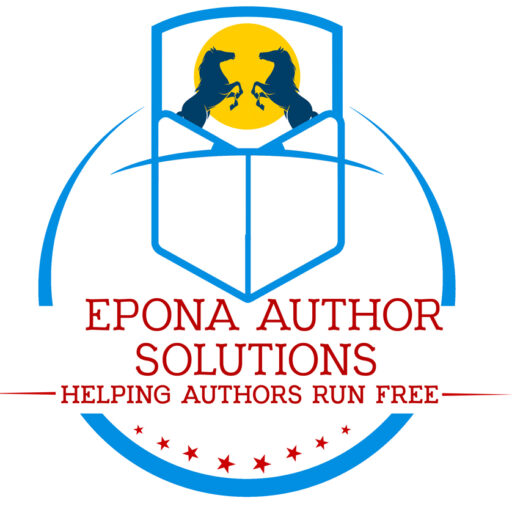An August 18th Tweet (Xeet?) from the current owner of Twitter/X confirmed what we’d all feared. Blocking would be taken away as a feature, further allowing Twitter/X to platform hate and spew propaganda at its remaining users. As a personal and a business decision, I’d already shuttered my accounts. I believe blocking to be a form of self-care, and as a trans and disabled individual, frankly, I was tired of logging in and having the “For You” column of Twitter (where some of my followers inevitably kept landing rather than “Following”) be filled with transphobic and ableist statements. So many people I know mentioned going off of Twitter improved their mental health, and I agreed.
A screen capture of the Tweet circulated on Mastodon with the analysis (which I agree with) that if we’re unable to block individual accounts on Twitter/X, then the levels of hate will rise on the platform. I’m lucky in the fact that I’m simply blocking people who have never threatened my life or property, but many Twitter/X users have had very different experiences. They are blocking individuals to stop hate pile-ons and actual threats to their lives. Blocking can be a matter of life or death, even if you choose not to take the mental health aspect serious.
Of course someone will say that the current owner of Twitter has said a lot of things in tweets, made them policies, and then removed them when they went woefully wrong. However, judging from the individual’s stances on what he chooses to promote in his own feed, never mind the cries of those who are often blocked, my guess is that this is serious and will happen. It’s been threatened for a while.
If you’re an author, the loss of the ability to block drastically impacts you and how you share your books.
First, if you’re an author who is a member of a marginalized community or you write about characters who are members of marginalized communities, your posts are now open to more hate. Hopefully you won’t experience this, but if a bad actor discovers one of your books and shares it to the people who follows that person, there is a potential recipe for a pile-on. With blocking, you could remove a follower and then block them and they couldn’t see your posts. Protecting your Tweets isn’t as effective, since that limits your reach to people you already follow.
There are serious implications here for an author’s mental health and physical safety. There’s also the issue that once word of the removal of blocking became public, there immediately became an increased conversation around leaving Twitter. This means authors who choose to remain on the platform will be subjected to less of an audience and one that’s filled with more bad actors. It simply, at this point, I don’t believe, is a viable place to promote your books.
I also think there’s the issue of an author’s reputation, should they choose to pay for Twitter/X and at some point in the future, even remaining on the platform. If you are actively giving money to an organization (be it public or private) that is actively platforming those who spew hate, then you are supporting hate. Even if you don’t personally believe in it, or believe you’re supportive of marginalized communities, if you are paying for a service which actively goes after marginalized communities, then you are facilitating and supporting those actions.
And I don’t think it’s a coincidence that the removal of the block feature started to be talked about when people began mentioning blocking “blue checkmark” accounts en masse. The reason? Because many of the core users of Twitter figured out very quickly that those with the blue checkmarks often supported the current owner, his policies, and were most often the ones to bring hate into a timeline. Yes, it’s a broad, sweeping statement, but also as an author, I know I wouldn’t want to be associated with individuals like that, even if I had a business reason for paying for better reach.
Finally, aside from the removal of blocking, it’s been proven that Twitter/X adds a 5 second (or more) delay to website links it doesn’t like. What sites doesn’t it like? Any site that the current owner thinks is mean to him. (This Washington Post article appears to be a gift link explains it in more detail.) Granted, most author sites probably won’t fall under this criteria, but what about Amazon or big retailers? What about Medium or other writing venues? Do you really want to stay on a platform that uses the vicarious whims of a billionaire to choose what you see? (That’s a rhetorical question for you to contemplate, one I’ll expand upon later.)
The last point I’ll make is that not being able to block people makes removing bot accounts absolutely meaningless. This means, much like people buying followers, someone’s true follower count won’t have any meaningful metrics. Again, do you want to waste your time sending your book information to bots and spam accounts?
I encourage you to think about your social media presence and use it mindfully. Make sure where you’re making your digital home is a place that supports your mental health, not one that actively seeks to harm it.

